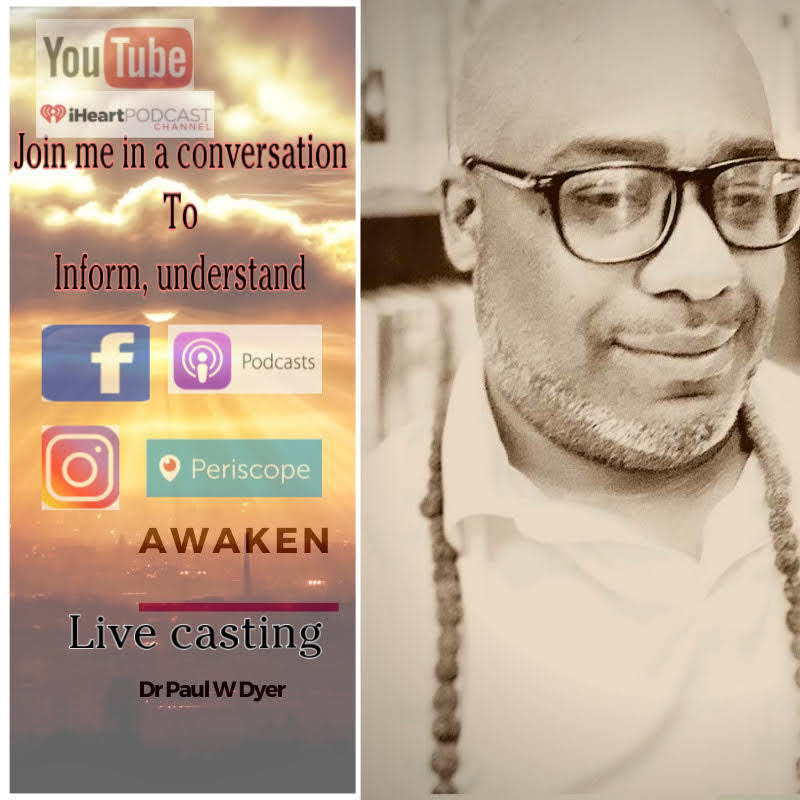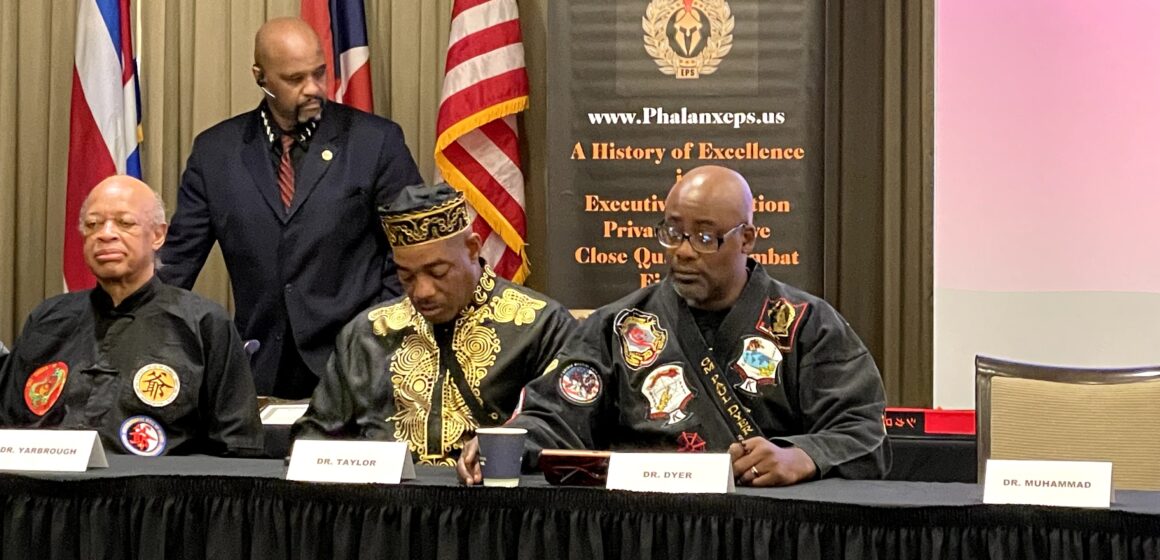As a person who is on the spectrum of Autism called Asperger, I see and feel my way through my own existence. What the world is and sees is completely different then what I see and hear. Asperger’s and other called emotional disturbance-related disorders, such as Attention Deficit and Hyperactivity Disorder (ADHD), learning disabilities and Autistic Spectrum Disorders, have been seen as purely behavioral disorders in the beginning. Only in the last few decades has Asperger’s Disorder been seen as neurological.
My study on human development came from me understanding myself and listening to unconscious talk among the many. The unawareness of one’s ego is that part of our conscious personality which stands in the middle of the person’s external and internal reality. Our ego directly relates to consciousness and the unconscious. Other part of our conscious personality is our persona.
Persona is a mask of our personality or the public image that we want to show to others acting as a defense mechanism to protect oneself. Our personal unconscious consists of contents that lack consciousness, which is our awareness and knowing of the psychical contents. Feelings and memories that are anxiety-provoking or uneasy to emerge to consciousness, all those are the contents of the personal unconscious.
We propose that there is a process of development for every individual toward the “optimal expression of being human,” and that, as with other developmental lines, it proceeds in sequential stages, each one building on and incorporating the earlier stages in such a way that no stage can be skipped, and the sequential order of the emerging stages is a relatively fixed aspect of the human experience. In between these stages are transitional experiences, special windows of opportunity for transcendent growth. It is these transitional spaces that we will focus on understanding. To understand we must allow the digging and the unearthing of past missed transitional stage.
I have done some amazing research over the past two decades that into the phenomenon of a growth “benefit” resulting from traumatic experience. After difficult life experiences, some people express ways that they have benefited from their misfortune, finding “a silver lining in the cloud.” The most common perceptions of benefit reported by survivors of trauma are strengthened family relationships, positive personality changes, and changes in life priorities. The slippery slope is the relationships being strengthen were or are they healthy ones?
Trauma infects us all no matter what, where how and even why. There are no simple answer or solution but there is a path to healing and that path takes training and practice.
Written by: Dr. Paul W Dyer



